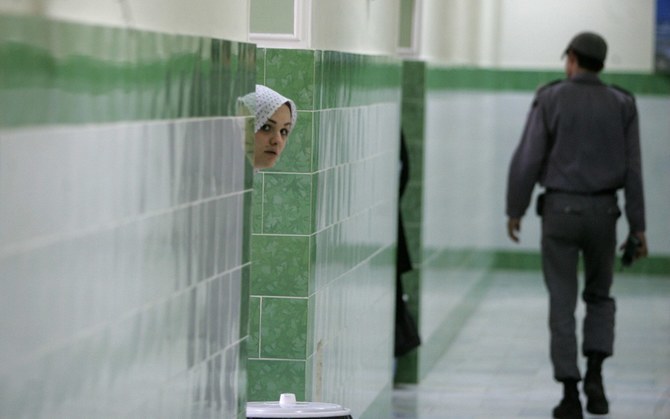ISLAMABAD: The Lahore High Court on Wednesday asked the government of Pakistan to clarify and outline what steps it had taken to bring home Pakistanis convicted and jailed in Iran in a case ongoing since 2018 about the rights of Pakistani citizens imprisoned and facing imminent execution in Iran.
At the last hearing, the Ministry of Foreign Affairs appeared before Justice Shahid Waheed and submitted a list of 102 Pakistanis jailed in Iran. The ministry said 14 prisoners were repatriated in July this year under a prisoner transfer agreement signed in 2014.
Iran had sought a similar list of its citizens jailed in Pakistan but the latter had yet to submit the details, the court observed, prompting Justice Waheed to question how much more time the government needed to bring back Pakistani prisoners.
“The deputy attorney general should assist this court on the next date of hearing as to what steps have been taken regarding the transfer and extradition of convicted Pakistani prisoners in Iran,” Justice Waheed said in a statement released by Justice Project Pakistan, a prisoner rights group.
During Tuesday’s hearing, Barrister Sarah Belal argued that of the list of 102 Pakistani nationals currently imprisoned in Iran, 65 had already been convicted and were thus eligible to be brought back home under the 2014 prisoner transfer agreement. She added that the agreement allowed the prisoners to serve the remainder of their sentences in their home country.
Earlier this year, Iranian Deputy Minister for Justice and Human Rights Mahmoud Abbasi had said Iran was ready to repatriate 44 Pakistani prisoners on humanitarian grounds but was awaiting a response from Pakistani authorities. However, despite more than six months having passed, Pakistan had yet to expedite their return, JPP said.
Iran released thousands of prisoners when the pandemic first struck and is now entering a deadly second wave with a sharp spike in cases since October 15.
Speaking at a small gathering hosted by Justice Project Pakistan last Saturday, Special Adviser to the Prime Minister Zulfikar Bukhari reiterated his commitment to bring back all Pakistanis imprisoned abroad, whether they had committed a crime or not.
On November 4, 41 Pakistanis imprisoned in Sri Lanka were brought back to Pakistan under a 2004 prisoner transfer agreement.
“Due to the lack of a uniform consular policy, Pakistani citizens imprisoned abroad lack consular support and adequate legal representation, often suffering due process violations such as long periods of detention without charge or trial,” JPP said. “The majority of Pakistani prisoners in foreign jails are arrested for non-lethal crimes such as drug trafficking, theft and violation of immigration laws.”
















